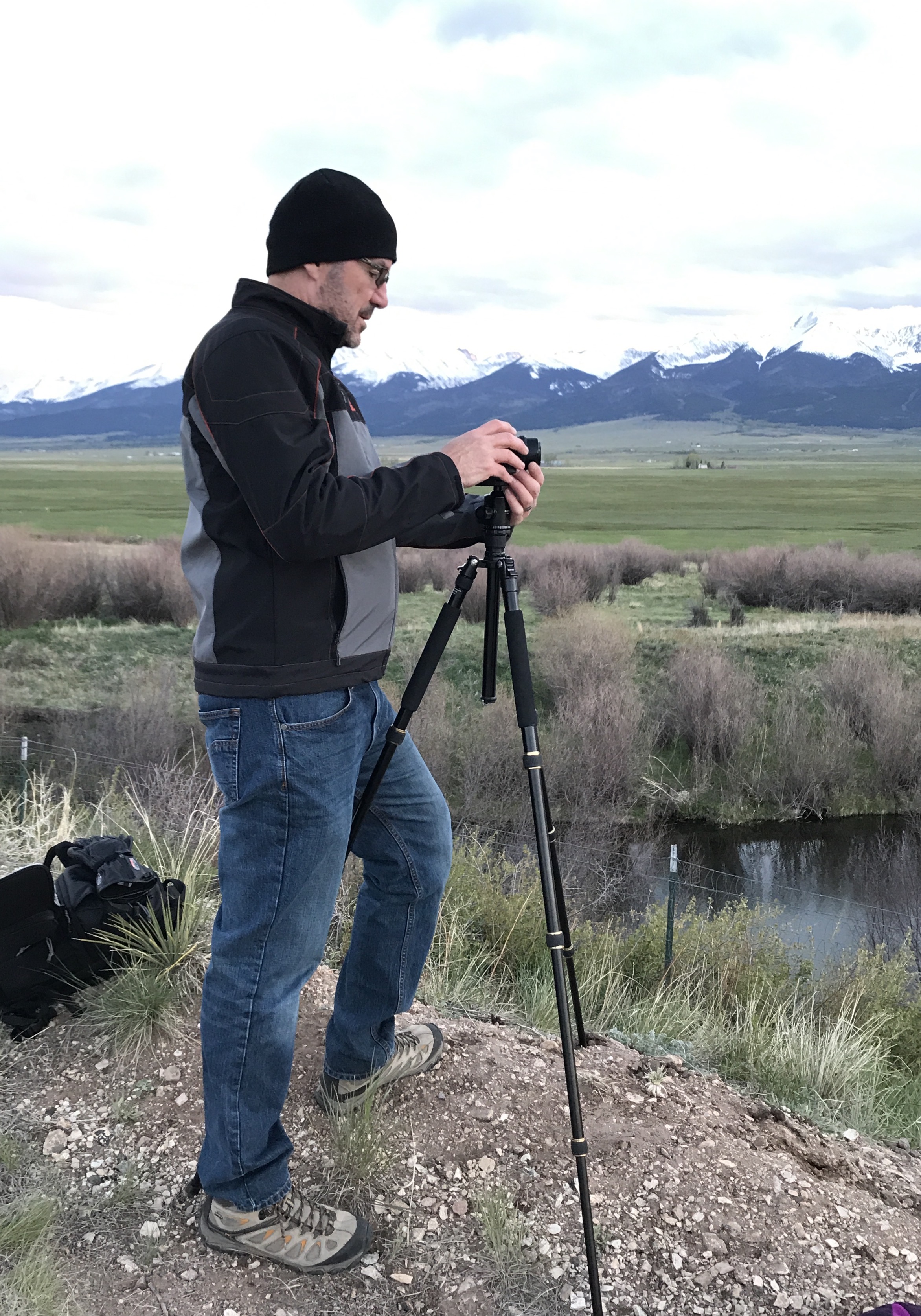Am I Still Useful?
- Chris Monnette

- Aug 10, 2025
- 4 min read
Rethinking What Really Matters

It’s a question I’ve asked myself more than once since I retired. Not so much an intentional question as a feeling that rattles around in the back of my mind, occasionally surfacing in my thoughts.
It’s a different question than the one I asked when I first left work. Back then, it was, “Now what?” I kept looking for something to fill the huge void left by a career that had consumed so much of my time and energy. I spent the first year publishing my memoir, writing several blog posts, taking up backpacking, and walking the dog—a lot.
Over time, my life evolved into what it is today, and to be clear, it’s a good life. I feel fortunate. I wouldn’t trade it with anyone, even with my visual impairment. Yet after more than 66 years, the question still floats through my mind from time to time.
How does one even measure what being useful means?
I’ve struggled with self-worth for much of my life. If asked to make a list of my biggest mistakes or failures, they come easily to me. I could fill a page without thinking. When asked the inverse question, to list my successes and accomplishments, that list comes much more slowly.
The place where results have always been most quantifiable in my life was my career. There was never a shortage of metrics to measure success or failure, especially when revenue generation was at the heart of my responsibilities. While I have always been quick to point out where I fell short, all too often I overlook the fact that I was probably responsible for well over a billion dollars in revenue, either directly or as a sales leader. Even as I type that, I think of people who have done the same in a year or less. I can also point to thousands of jobs I helped create. Still, when I compare myself to others I’ve worked with and for, those achievements seem small.
Why is it that when I look at metrics like that, I see not what I achieved, but where I fell short? By any objective measure, I did a good job. But now, as I approach the five-year mark since retiring, I find myself asking again, “Am I still useful?”
When I look back at my life before retirement, it’s almost entirely defined by what I accomplished “on the job.” No wonder there was such a big hole left behind when I stepped away. It probably also explains at least one of my two failed marriages. My career consumed me. I told myself I was doing it for my family, to provide for my wife and children, and that was true in no small part. But it also obscured how much my personal scorecard shaped my life.
If I were to judge myself today using that same career scorecard, I would fail by every measure. I no longer drive revenue, I have spent more than I’ve earned, and I haven’t created a single job. By those old metrics, I would have to rate myself as an abject failure. But maybe the problem isn’t me, maybe it’s the scoreboard I’ve been using.
It is far easier to count the number of bedrooms in your house than it is the meaningful difference you make in someone’s life: yours, your children’s, your partner’s, and all the others you touch. Those are the milestones that tell the true measure of a life.
My usefulness now is measured in smaller, more personal ways: walking with my wife through the changes life unfolds before us, standing beside my son and daughter as they chart their own paths, offering a listening ear to a friend in a difficult season, inspiring someone to lace up their boots and head for the trail.
My writing has become a central part of my life. It is how I make sense of things, a discovery process that forces me to think more deeply than I might on a forest trail or sitting on the couch. Knowing someone might read it raises the stakes. I work harder to make sure it makes sense, and that often leads me somewhere I did not expect when I began. When someone tells me that something I wrote made them pause and reflect, it feels like a gift for us both, perhaps a new perspective for them and a quiet affirmation for me. Maybe I got it right.
The things that truly make a difference in life are harder to measure. They don’t fit neatly onto a spreadsheet or into a performance review. A friend once told me, “A lot of people talk about finding purpose. Maybe the goal should be simply to do purposeful things.” That really resonates with me.
Purpose doesn’t always arrive as a grand calling. Sometimes it’s found in the small, intentional acts we choose each day. A dry well quenches no one’s thirst. When I keep my own well filled, without waiting for a scoreboard to confirm my value, those quieter contributions—a conversation with a friend, a shared idea, a moment on the trail—become something more than proof of worth. They become expressions of it.
And what more could we really want out of life?




Comments